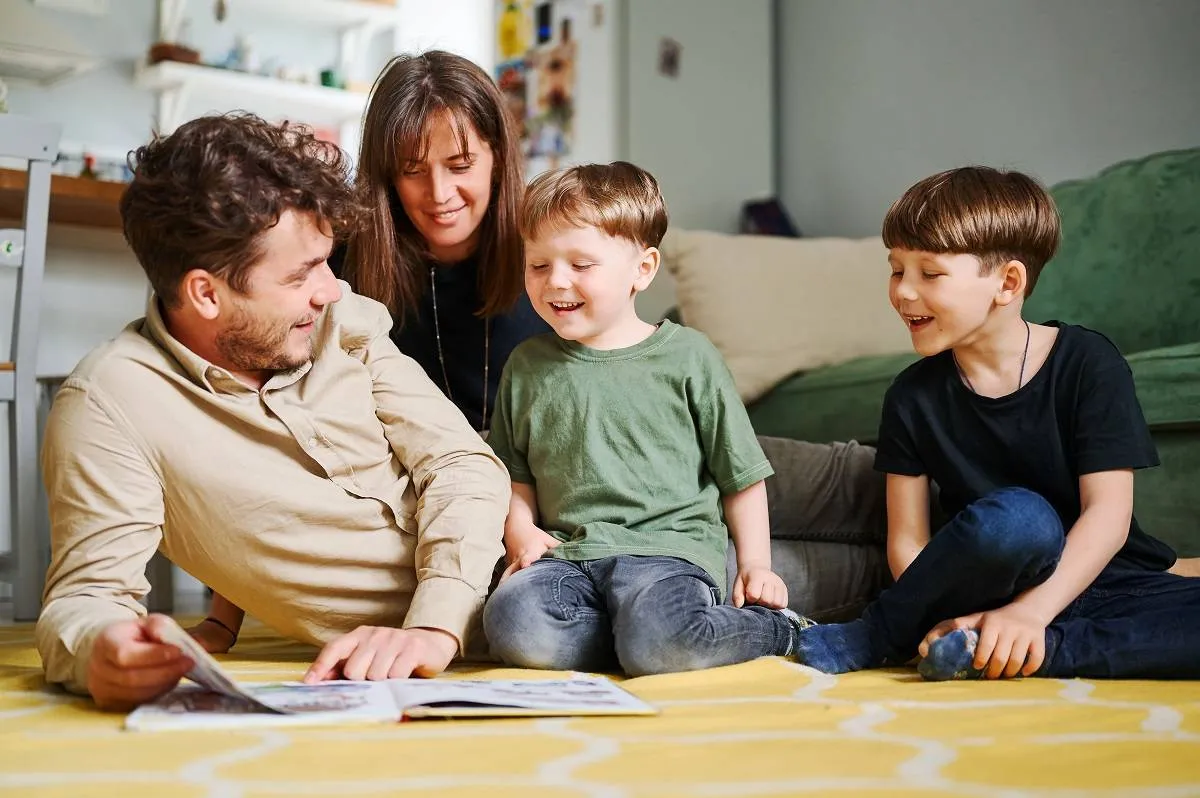
As a parent in a socially-distanced society, you are likely looking for effective strategies to help your child develop social skills during the pandemic. It’s not hard to imagine why children may feel lonelier during this time. They don’t really have the chance to be with their friends, spend time with them in school, or meet new people in different places. Staying in isolation for long periods may not be healthy as well — without proper guidance, children may begin to show signs of detachment from social activities altogether.
Even during the lockdown, it’s still important that your child’s social health is well-maintained. You can do this by talking to them, prioritizing family time, allowing them to spend time with their friends virtually, supervising them during online classes, or simply giving them the chance to make their own choices. Read on to learn more.
Prioritize Family Time
One way to boost your child’s social skills is by increasing the time they spend with their own family. As much as possible, try to come up with fun or simple activities that the entire family can do together. This not only gives your child something to do, especially when they feel bored or isolated, but it also brings the entire family together in a small, but an impactful social event.
You can do various activities — from weekly game/trivia nights, cooking dinner together, or joining your child in their favorite hobbies. Get creative with how you organize your family time, but remember to make social interaction the focal point of these activities.
Encourage Them to Virtually Spend Time with Friends
Not all children have the chance to meet their friends in person. Aside from the health risks this poses, their friends may not necessarily live close by, which makes meeting up difficult.
Knowing this, it’s important that you facilitate social events for your child. For example, you could be the one to encourage them to have virtual hangouts with their friends. With the rise in popularity of online communication platforms and creative avenues during the past year, your child won’t run out of fun and unique virtual gathering ideas.
Guide Them During Online Classes
Even if you’re also busy with working from home during the pandemic, try to find time to guide your child while they’re taking online classes. They may not show it, but the sudden change from face-to-face classes to distance learning may slowly take a toll on their social health. Without the physical presence of teachers or their classmates whom they can readily ask help from, socially navigating online classes may be a challenge.
For example, try answering any school-related questions that your child may have on their homework or lessons. When it’s time to take breaks, try to take them together with your child. Spend a few minutes asking them about school or how they’re feeling about their classes.
Allow Them to Make Their Own Choices
Another way to help your child improve their social skills is by giving them opportunities to make their own choices at home. Simple questions like “What do you want for breakfast?” or “What do you want to do after your classes?” slowly helps them build the confidence to express themselves freely over time.
When your child learns the ability to make their own choices, they’ll be able to rely less on you when it comes to making simple decisions. This is also helpful when you give them chores and simple responsibilities, such as answering phone calls or talking to teachers, friends, and classmates online.
Engage in Conversation with Them
Finally, engaging in conversation is at the heart of developing good social skills. You and your child don’t have to talk about serious issues or anything significant. Even simple conversations about trivial subjects can definitely help them boost their social skills.
Make your conversations fun by adding unique elements. For example, you can challenge them to word-guessing games or song-guessing games — both of you have the freedom to make your conversations livelier and more engaging.
Key Takeaway
Curious to learn more about different strategies to help your child develop social skills during the pandemic? In this guide, you’ve learned some of the most effective techniques, such as doing activities with the whole family, guiding them during online classes, setting up virtual playdates with their friends, or simply talking to them.
As much as possible, you would want to provide a sense of normalcy for your child. The situation may be nothing short of extraordinary, but this doesn’t mean that they won’t have opportunities for social events. The key is to ultimately find practices that work for your child. In that way, when they are able to find themselves in social events in real life, they’ll be more equipped to handle them.






-logo.png)



